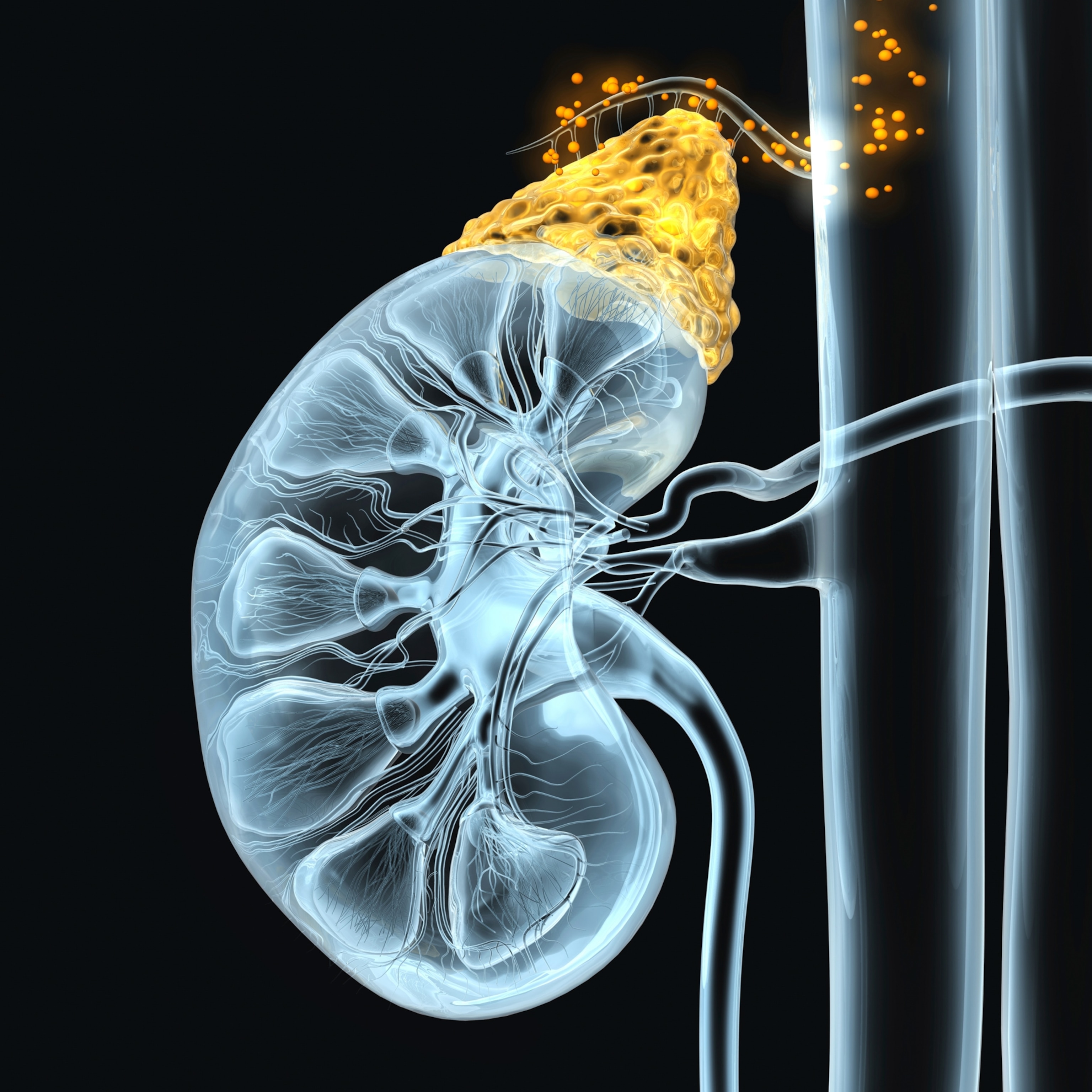
When is the right time to start a new habit—and actually keep it?
Forget New Year’s resolutions and other gimmicks. Experts say the best way to change your habits is to consider the so-called “inflection points” of your own life—and to act quickly.
New Year’s resolutions. Spring cleaning. Dry January. October Theory. NoSo November. Our culture is obsessed with collective goal setting and the idea that forming new habits during specific times of the year will lead to successful outcomes. But it turns out there’s no real evidence that’s the case.
In fact, research suggests that only two people in 10 stick with their New Year's resolutions long term—and scientists say there doesn't appear to be any one time of year where success is likelier to occur than another.
"I am aware of no research showing that starting fresh in January or October or any other month makes you more likely to stick with a new behavior," says Wendy Wood, a behavioral psychologist at the University of Southern California and the author of Good Habits, Bad Habits: The Science of Making Positive Changes that Stick.
(Doing Dry January anyway? Here's how a month without booze changes your body.)
The reality is that, when it comes to establishing new habits, there really is an ideal time to do it—but it might not be when you think. Further, the why behind your motivations and the how you go about pursuing your goals matter a lot more.
Here’s what experts have to say about when you should start a new habit—plus how to make your efforts last longer than weeks or months.
Why we like the idea of making changes together
It helps to start by understanding why we're so drawn to setting goals collectively and around the same times every year.
One explanation is that humans are inherently social beings and "belonging to a community is a fundamental human need," explains Selena Bartlett, a neuroscientist at the Queensland University of Technology in Brisbane, Australia. Collective rituals like New Year's resolutions, she says, "satisfy the human drive to fit in, feel supported, and be part of something larger than oneself."
There's also the factor of what psychologists call "temporal landmarks"—moments such as the start of a new year, graduation, or a birthday, "that feel like a clean slate or fresh start because they allow us to mentally separate our past habits from future goals," says Harold Hong, a clinical psychiatrist and the medical director of an addiction recovery center in North Carolina.
(These are the best fitness trackers for achieving your health goals.)
There are some advantages to this type of goal setting, including external motivation, the opportunity to learn from and be inspired by others, and, perhaps above all, be accountable to someone other than yourself.
"Research shows that couples who go on a diet together are more likely to lose weight and keep it off than those who do so alone," says Christine Whelan, a clinical professor and consumer scientist at the School of Human Ecology at the University of Wisconsin-Madison. One reason for this is that both partners ensure the other is sticking to their goals.
Making changes at the same time as others also means you have other people to share your success and progress with, Hong adds, which makes the new behavior more rewarding and likelier to continue.
The downside of collective goal setting
At the same time, many of these benefits can be flipped on their heads—such as when you're relying on a partner to keep you motivated and they decide to stop going to the gym. "They're likely to make you want to stay home as well," says Katherine Milkman, a University of Pennsylvania Wharton School professor, and the author of How to Change: The Science of Getting from Where You are to Where You Want to Be.
It's also common for collective goal setters to compare their results with others and become discouraged if one person is succeeding where they aren’t. "Just because something seems to be working for someone else doesn’t mean you're failing, but that’s often the narrative we tell ourselves," Whelan says.
(Your actions alone can't save the planet—but these habits can help.)
Wood adds that some of our most important life goals—think financial security, productivity at school or work, or having a healthy diet—require ongoing and lasting behaviors or practices that are "harder to sustain with abstract motives like the idea of social accountability."
Another problem with being excited by a fresh start is that it’s hard to stay motivated months later when your new habit "no longer feels fresh or new," says Milkman.
So, when is actually the best time to make a change?
Such reasons show why it's not always wise to tie new habits with fleeting moments or (temporarily) likeminded people and to instead identify deep-rooted and personally significant reasons to change.
Wood calls such moments "inflection points"—such as an upcoming high school reunion causing you to want to lose a few pounds, over-drafting your bank account and realizing it's time to improve your career, or having a health scare wake you up to prioritizing a healthier lifestyle.
Hong says such moments tend to provide enduring feelings of motivation "because they are rooted in something meaningful and more profound than just going along with everyone else."
At the same time, one doesn't have to wait for a wakeup call. "There really is no reason to put off changes you know need to occur," says Kyle Smith, a brain and behavioral scientist at Dartmouth College. "If your body is telling you to change something, listen to it and don't wait for something drastic to happen."
What to do when motivation hits you
Regardless of what jumpstarts your motivation, Wood says it's critical to take action as soon as you feel the desire because "you may only have a short window of opportunity to make decisions about what you want to do before your old habits get in the way."
Milkman agrees, saying that moments of motivation are ideal times to put a plan in place to improve your likelihood of positive long-term results—even after you motivation wanes. “There's nothing wrong with using a momentary fresh start as a springboard to set yourself up for longer-term change," she says.
(Here are 8 strategies to make a new habit stick.)
For instance, writing out a daily schedule that includes time for your new habit and posting it somewhere you’ll see it each morning. You might also join a gym while your motivation is high to lock yourself into a monthly payment that will keep you motivated to use the membership even after your interest in getting in shape begins to cool.
Milkman says some people also set up what’s called a “commitment device” that provides either a reward or punishment to keep them motivated after their initial drive wanes.
For example, smokers in one study voluntarily deposited money into a savings account but could only access the money after passing random urine tests over six months. If they failed, their money was forfeited to charity. The smokers who participated in the study had a 40 percent higher success rate than smokers who hadn’t used a commitment device.
More tricks for making a new habit stick
Another strategy for successful habit formation is breaking down bigger goals into smaller, more specific ones. So instead of saying "I'm going to lose 10 pounds a month," set a goal to limit your daily calorie intake and get to the gym for 30 minutes a day.
"Research has consistently shown that making specific goals leads to better performance than either vague goals or no goals at all," says Hong.
You can also add your new habit to an already established habit, a concept known as "habit stacking.” It’s a practice that shows you’re more likely to, say, read 10 pages of a book every night if you do it right before doing a concrete habit like brushing your teeth before bed.
Making your new habit enjoyable is also important. "I suggest finding a behavior that gives some immediate reward," says Wood. "This means that if you hate going to the gym, you can make it more fun by listening to podcasts while you run or working out alongside friends."
No matter what motivates you, it's essential not to get down on yourself when you slip up or fail along the way.
"You certainly don’t need to wait until January 1st to make a needed change, but if you do and your resolutions don’t pan out the way you expect, try again on February 1st, on Lunar New Year, or on the first day of spring," suggests Whelan. "Learning what works for you and what doesn’t is important in the cycle of change."








